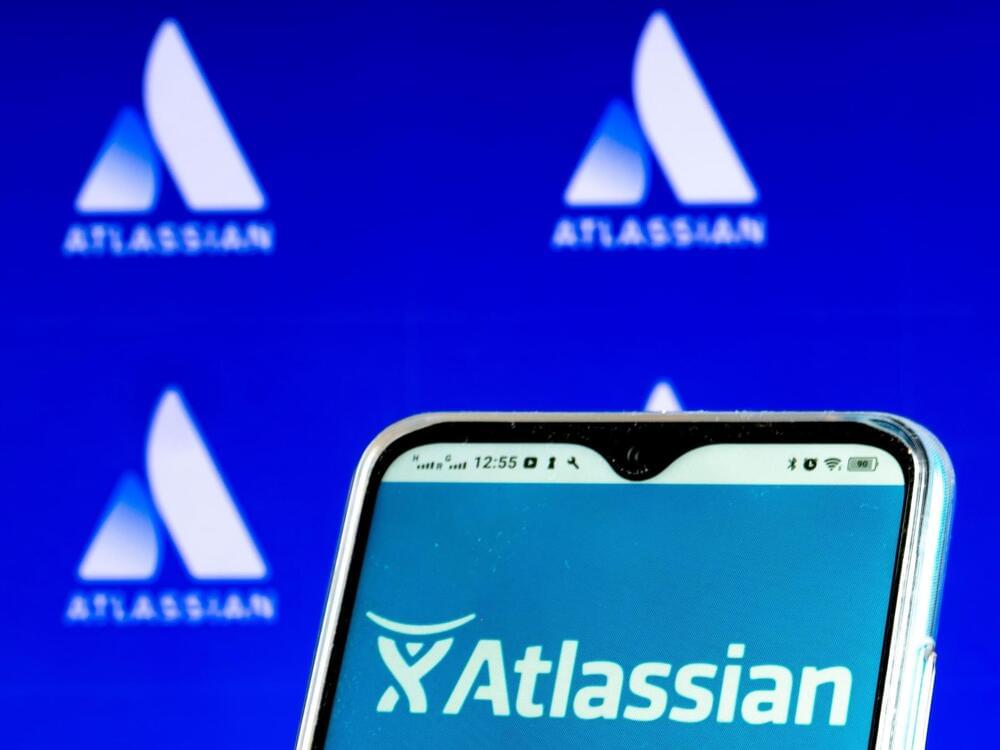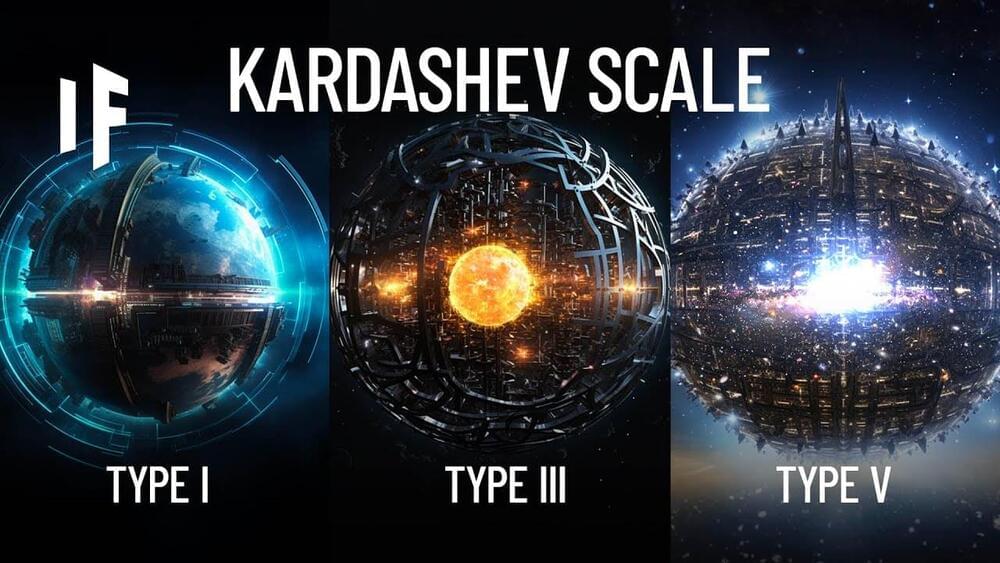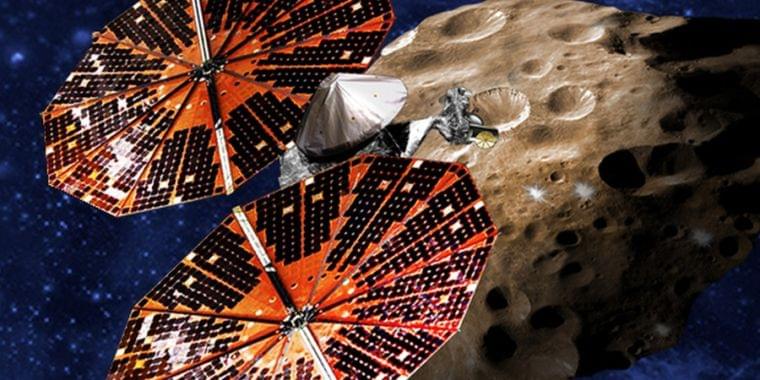Nov 1, 2023
New NK cell engaging immunotherapy approaches to target and potentially treat recalcitrant ovarian cancer
Posted by Shubham Ghosh Roy in categories: bioengineering, biotech/medical
The Wistar Institute’s David B. Weiner and collaborators have engineered novel monoclonal antibodies that engage natural killer (NK) cells through a unique surface receptor that activates the immune system to fight against cancer.
In their publication titled, “Siglec-7 glyco-immune binding MAbs or NK cell engager biologics induce potent anti-tumor immunity against ovarian cancers,” published in Science Advances, the team demonstrates the preclinical feasibility of utilizing these new cancer immunotherapeutic approaches against diverse ovarian cancer types, including treatment-resistant and refractory ovarian cancers—alone or in combination with checkpoint inhibitor treatment.
The research started as a collaboration between Wistar’s Drs. Weiner and Mohamed Abdel-Mohsen, who were exploring the development of new glyco-signaling biologic tools that may be important in the fight against cancer.


















